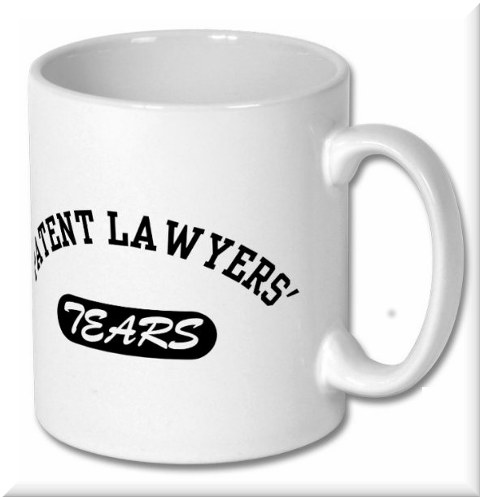

Patent Lawyers' Tears
WHEN IT comes to software (code), there are copyrights, but there are no patents. Those that get granted rarely survive a court's challenge or a board's scrutiny (this is scarcely explored in the EU, but very visible in the US). Don't expect European Patents on software to be of much use, even if the EPO grants some (a disastrous residue of Battistelli's trashing of the Office).
"Patents are about publication, whereas secrecy is about concealment of one's work."When it comes to software copyrights, or even copyleft, legal action can be taken in cases of plagiarism. If the code is secret, which is often the case, plagiarism is prevented in part by secrecy. Patents are about publication, whereas secrecy is about concealment of one's work.
After the sharp decline in patent lawsuits there might be a shift in strategy in the US, reducing the role of patent courts and the USPTO. More trade secret disputes to come? We recently wrote about a rise of such cases and associated damages. Professor James Bessen told me that "FEDERAL trade secret litigation is up because there is a new Federal law; but trade secret & noncompete litigation has been rising for a decade..."
"Well, secrecy is far from ideal; in fact, publication in exchange for monopoly (patent) is often better, but not in the domain of software."Mind Camilla Alexandra Hrdy's very long new blog post/paper on the subject, Watchtroll's take from Robert Williams, and Managing IP summary. "A Lex Machina report reveals trade secret case filing figures after passage of the DTSA, as well as the largest ever damages awards and top plaintiff and defendant law firms," it says.
"US trade secret case filing jumped 30% in 2017," the headline says.
Well, secrecy is far from ideal; in fact, publication in exchange for monopoly (patent) is often better, but not in the domain of software. ⬆